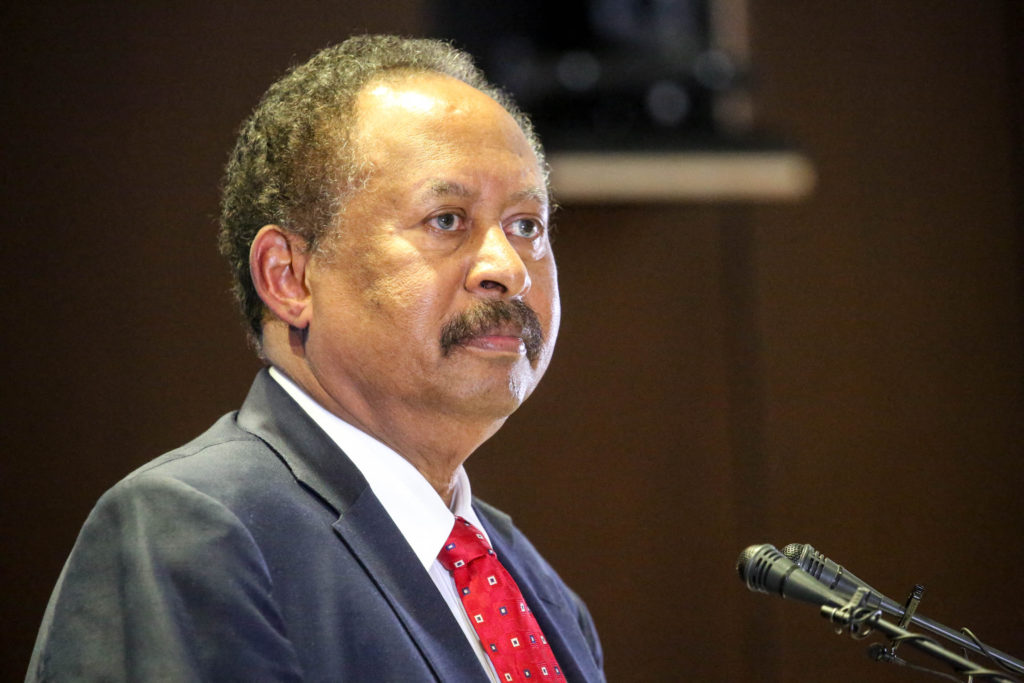São Paulo – The International Monetary Fund (IMF) has published a report on the Sudanese economy on Monday, 8, where it calls for international support for the country. “Significant financial assistance from the international community will be needed to incentivize reform and to support the Sudanese population through the difficult transition to a well-functioning market-based economy,” it says.
The report brings the conclusions of the first review of Sudan’s IMF-supported program aimed at stabilizing the economy, strengthening social protection, boosting the private sector, and strengthening governance. Sudan has been under a new political leadership since 2019, as of the fall of President Omar Al Bashir, and has worked on a transition to achieve more economic opening and growth.
The review of the program was approved by IMF managing director Kristalina Georgieva. “The Sudanese authorities have made tangible progress on their IMF-supported reform program despite difficult economic conditions compounded by the COVID-19 pandemic, and a challenging humanitarian situation,” Georgieva was quoted as saying in the report. Pictured above, Sudan’s current prime minister Abdalla Hamdok.
The IMF stresses the exchange rate unification, removal of fuel subsidies, tax measures taken as part of the 2021 budget, and increase in electricity tariffs. The Fund believes these will reduce distortions in the economy and facilitate fiscal consolidation, as well as helping bring down the current high rate of inflation and creating fiscal space for social spending.
The Fund points out, though, that the Sudanese economic still remains extremely fragile, with low growth, high inflation and a weak external position posing a threat to macroeconomic stability and poverty reduction. The IMF suggests a reform of the customs exchange rate to lift revenue and competitiveness, and avoid a return to distortionary policy measures, including multiple currency practices and fiscal subsidies.
Translated by Guilherme Miranda




